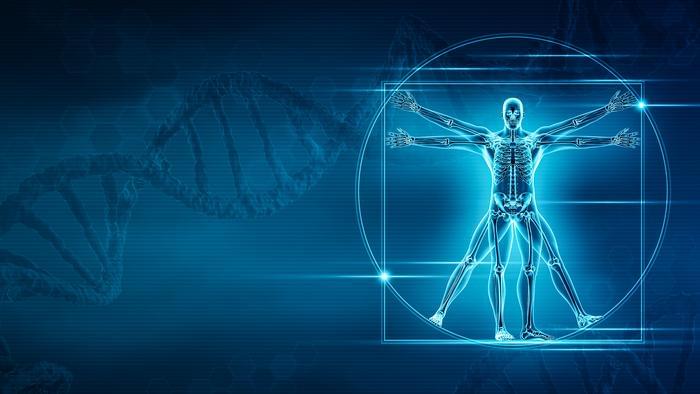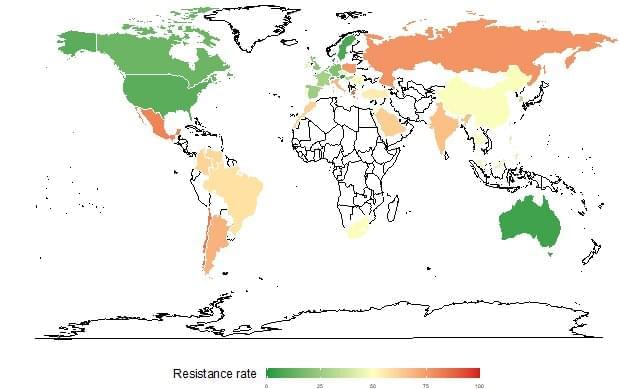Jul 22, 2023
Dr. Ross Uhrich, DMD, MBA — Program Manager, Advanced Research Projects Agency for Health (ARPA-H)
Posted by Ira S. Pastor in categories: biotech/medical, engineering, government, health, military
Is Program Manager, Advanced Research Projects Agency for Health (ARPA-H — https://arpa-h.gov/people/ross-uhrich/), which is focused on advancing high-potential, high-impact biomedical and health research that cannot be readily accomplished through traditional research or commercial activity, accelerating better health outcomes targeting society’s most challenging health problems.
Under the ARPA-H portfolio, Dr. Uhrich is responsible for the recently launched Novel Innovations for Tissue Regeneration in Osteoarthritis (NITRO — https://arpa-h.gov/engage/programs/nitro/) program which seeks to develop new ways of helping the human body repair its own joints, with the goal of revolutionizing treatment for osteoarthritis — a common and often very painful condition where bones and cartilage break down.

















